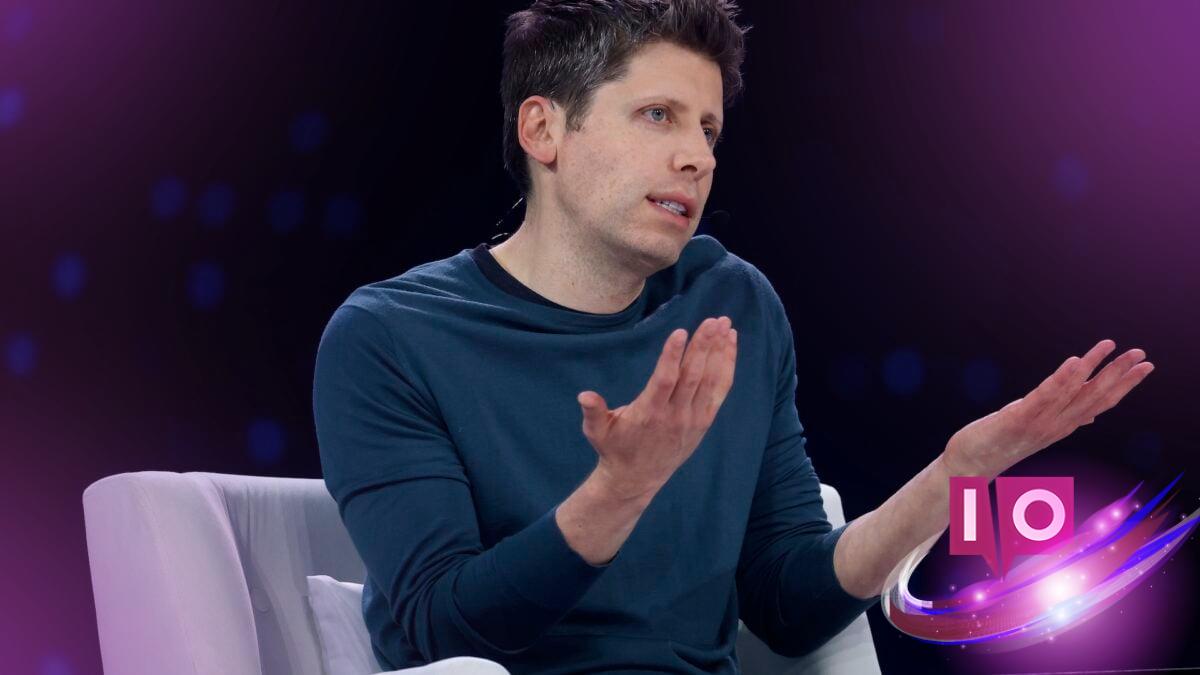In the world of artificial intelligence, a rivalry is brewing between Sam Altman and Elon Musk. This ongoing standoff centers around OpenAI’s operations as a seemingly for-profit entity despite its stated nonprofit status. As this drama unfolds publicly and in court, collateral damage is becoming evident. A report from the San Francisco Standard reveals that critics of OpenAI have begun receiving subpoenas, with company leadership suspecting a conspiracy linked to Musk and Mark Zuckerberg.
With substantial investment flowing into the AI sector, some believe OpenAI’s focus may be primarily on its own profitability. The Standard indicates that OpenAI is demanding documents from nonprofits and researchers related to Musk and Meta. For instance, Nathan Calvin, general counsel for the AI governance organization Encode, has stated that he doesn’t possess the requested documents, as reported by the Standard.
Calvin isn’t the only individual facing such demands. The report mentions that at least two other AI governance organizations have also received similar requests. Interestingly, during discussions with nonprofit groups opposing OpenAI’s attempts to change its status, a representative suggested that these organizations were “funded by our competitors” and urged them to “reveal themselves.”
Some of OpenAI’s targets are raising eyebrows, as they appear somewhat tenuous. For example, the company has subpoenaed Encode’s founder and reached out to Jeffrey Gardner, an LSAT instructor in New York, highlighting a home owned by a company named Tesla Place, LLC. OpenAI has labeled him a “prop” used to obscure the true identity of an adversary. Gardner clarified, as he mentioned to the Standard, that the name of the company relates to the street he previously lived on and has no connection to Elon Musk.
OpenAI seems convinced that it is besieged from all sides. While there may be valid enemies trying to undermine it, claiming an underdog status feels a bit off when the company is valued at approximately $500 billion (EUR 465 billion). Is it possible that unscrupulous figures in the tech industry are funding nonprofits to challenge OpenAI? Possibly. Nonetheless, many critiques of Sam Altman’s creation are voiced freely and without financial backing.
Ultimately, it appears that neither Altman nor Musk is overly concerned about the collateral effects of their rivalry. Recently, Musk’s firm, xAI, filed a lawsuit against a former employee who left for OpenAI, alleging that sensitive information was taken during the transition. It seems that achieving victory is the primary objective, regardless of who may get caught in the crossfire.
What are the implications of OpenAI’s tactics on the future of AI? The ongoing clash between Musk and Altman serves as a critical reminder of the intense competition within the AI space, with stakeholders on all sides keeping a watchful eye.
Is OpenAI really operating as a nonprofit? This is a deeply contested question. Critics argue that its for-profit maneuvers compromise its mission, while supporters often suggest the need for funding to achieve broad AI safety goals.
How does this rivalry affect advancements in AI? The tensions may lead to a more competitive landscape, potentially accelerating innovation or fostering more skepticism around major players in AI.
Can we expect any resolution soon? Given the high stakes and significant interest from both public and private sectors, it’s unlikely that this situation will resolve quickly.
In the rapidly evolving world of AI, following these developments is more crucial than ever. As Altmans’ and Musk’s feud continues to unfold, staying informed remains important for anyone interested in artificial intelligence and its future. For more insights on tech and AI, be sure to explore related content on Moyens I/O.
